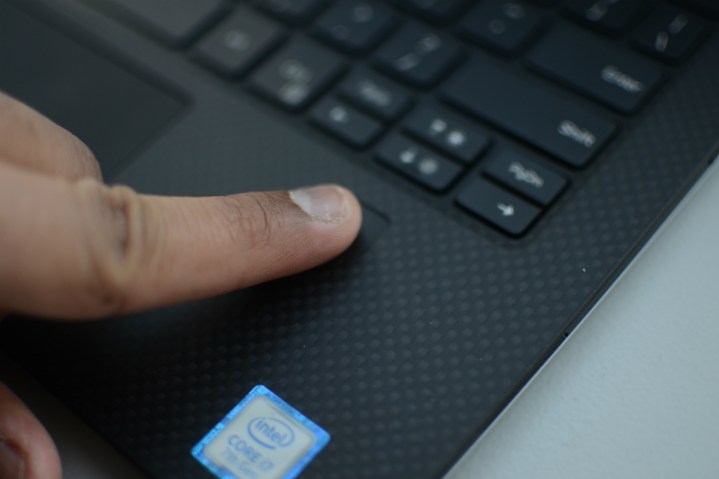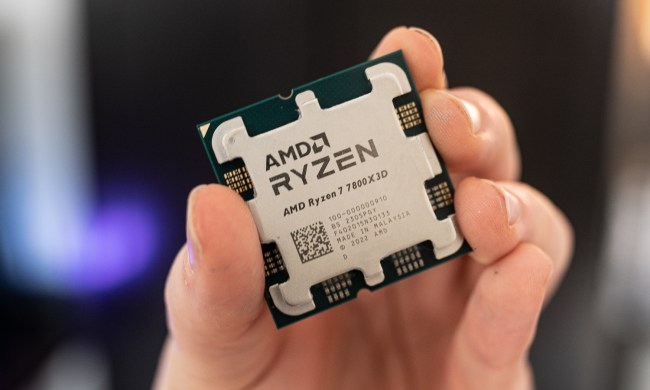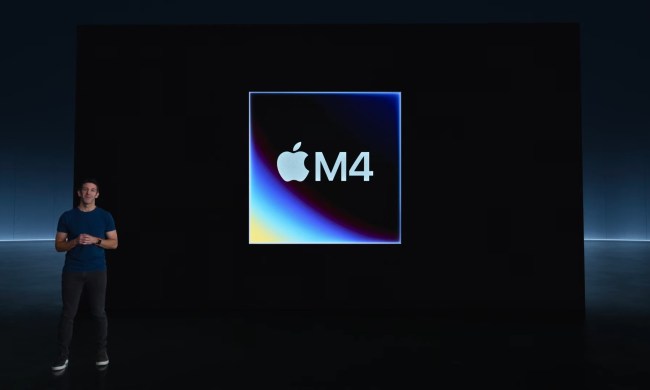
At Mobile World Congress, the startup is demoing its prototype optical fingerprint reader on a Lenovo laptop utilizing Windows Hello, Microsoft’s face, fingerprint, or iris recognizing software that enables secure sign-in into your computer.
There are varying types of fingerprint sensors, but the most common ones found on smartphones today are capacitive scanners, which use electrical currents to collect data about a fingerprint. Vkansee president Jason Chaikin told Digital Trends that capacitive scanners are “great,” as they are cheap, fit into phones well, and consume very little power.
So why do manufacturers want to ditch them? Smartphone design. Manufacturers always need to cut a hole because it’s incredibly difficult to have a capacitive sensor under glass — they would need to etch the glass to attempt to put the sensor underneath.
Optical scanners have been around for a long time, but until now they have been big and bulky — they’re the sort of scanners used at border crossings and for background checks.
“A small light flashes through glass and it goes through a lens,” Chaikin said. “An optical sensor is a fixed, focal-length camera that captures a picture of your fingerprint.”
Vkansee’s optical sensor can read through 2mm of glass, making it optimal to be embedded under a smartphone’s glass display. Synaptics also announced an optical fingerprint-sensor for smartphones last year.
Vkansee’s testing its prototype on a Lenovo laptop, and the company claims its “high-resolution sensors are ultra-thin, anti-spoof, water- and sweat-resistant, and read fingerprints at a resolution up to 2,000 pixels per inch.”
The company said its evaluation kits are in testing with various manufacturers, and last year it announced a software licensing partnership with Precise Biometrics, a fingerprint software company that offers fingerprint matching algorithms to the likes of Huawei, Google, Xiaomi, Lenovo, LG, and more.
Chaikin said Vkansee’s technology will debut in laptops this year, and likely on mobile devices at a later time.



